Like a cockroach taking advantage of a loophole, Russian oil is still allowed into the EU, sold at ceiling prices, despite sanctions.
In early August, Bulgarian officials discovered something was amiss. Russian oil barrels were arriving in the country priced above the $60 ceiling imposed by the West to depress Moscow’s revenues.
Within the European Union, Bulgaria is exempt from sanctions related to the ban on Russian oil imports to ensure it does not face severe energy shortages. But can it import Russian oil if prices go above the ceiling?
Customs in Sofia, Bulgaria, wanted to be sure, so they contacted EU officials to ask for “clarification.” The answer they got was: Let it in.
According to customs data obtained by Politico , Bulgaria imported Russian crude above the ceiling price from August to October. The shipments were worth about €640 million, according to the Center for Research on Energy and Clean Air (CREA). The cash was sent to Russian energy companies.
Bulgaria is one of the loopholes in a series of sanctions that Europe has recently imposed to reduce Russia’s energy export revenue. But instead of accepting tough EU regulations designed to drain its finances, Moscow has exploited loopholes and developed ways to circumvent the sanctions, what one senior Ukrainian official described as a “cockroach strategy.”
As a result, about a year after the sanctions were imposed, the EU’s efforts have been undermined. Russia’s oil export revenues have fallen by just 14% since the sanctions were imposed. And in October, Russia’s fossil fuel revenues hit an 18-month high. In short, the sanctions have failed to achieve their goals, according to Politico .
Here are the loopholes and adaptations of the "cockroach strategy".
Vulnerability in Bulgaria
The Bulgarian loophole is believed to be due to clerical oversight. When the EU price cap was agreed by the G7, it banned European shipping and insurance companies from providing services for Russian oil traded outside the EU if the price was above the $60 ceiling.
But EU officials never thought of imposing similar rules on shipments to the EU, in part because Brussels banned seaborne imports of Russian crude that same day, with the exception of Bulgaria.
This loophole has given Moscow an opportunity. According to CREA, from August to October, all Russian oil shipments to Bulgaria were priced between $69 and $89 per barrel. The trade was also Western-based, including Greek ship operators and British and Norwegian insurers. And it was all technically legal.
Bulgaria’s exemption from the Russian oil embargo has been a boon for Lukoil, Russia’s largest private oil company, and the Kremlin. Since the sanctions came into effect, Lukoil’s oil exports to Bulgaria have brought in more than €2 billion, of which the Kremlin has earned a billion euros directly from sales taxes.
The Bulgarian case “highlights one of the many loopholes that make sanctions less effective in reducing Russian export earnings,” said Isaac Levi, head of CREA’s Russia-Europe team. Bulgarian officials are under pressure to find a way to close this loophole.
Poor execution capacity
In October, a report commissioned by the European Parliament found that enforcement of EU sanctions was “scattered” across more than 160 local authorities. Countries had “different enforcement systems,” including “large differences” in the level of fines for violations.
Even those involved in shipping oil have limited access to information about the transaction, said Viktor Katona, a crude oil analyst at market intelligence firm Kpler. Insurers, for example, rely on a single document from oil traders pledging that the price will not exceed $60 a barrel. It amounts to a “statement of faith,” he said.
Some EU countries with large shipping industries are also reluctant to tighten. In the latest round of sanctions, Cyprus, Malta and Greece again raised concerns about further restrictions. One diplomat said tighter sanctions would only push Russia to use non-Western services to ship its oil.
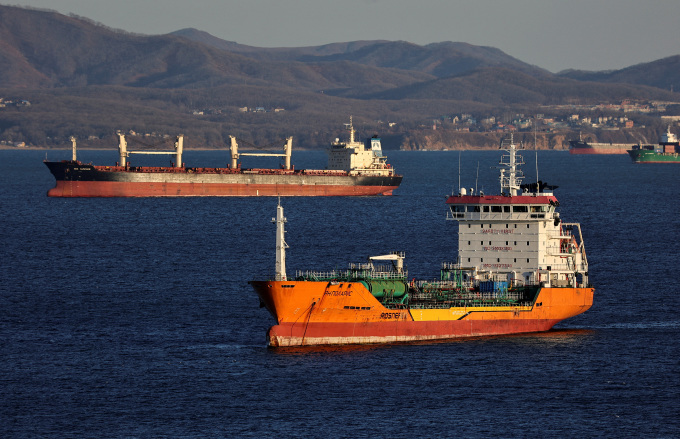
Crude oil tankers and bulk carriers pass through Nakhodka Bay near the port city of Nakhodka, Russia, December 4, 2022. Photo: Reuters
Meanwhile, the EU is still allowing Russian oil to pass through its waters to other destinations. CREA found that 822 tankers carrying Russian crude have transferred cargoes to other vessels in EU waters since the sanctions came into effect in December 2022. That’s equivalent to 400,000 barrels per day.
However, some officials said the loopholes were to be expected as this was the first time the EU had implemented sanctions on such a scale. "To be fair, all sanctions are unprecedented, so there is an element of learning. We don't live in a perfect world, full of rainbows and unicorns," one diplomat said.
A spokesman for the EU sanctions committee said Russia had been forced to spend “billions” to adapt to the new reality, including buying more tankers and investing in export and extraction infrastructure as Western demand fell. CREA said the price cap had deprived Russia of €34 billion in export revenue, equivalent to about two months of income this year.
'Dark Fleet'
On the Russian side, a “shadow fleet” of aging tankers has emerged, managed mysteriously through a network of companies that hide ownership. Oil changes hands between ships at sea. To circumvent Western sanctions while meeting basic maritime requirements, a cottage industry of insurance companies has sprung up in countries like India.
Byron McKinney, S&P's director of trade and commodities, said the price cap was effective only in the short term. "But right now, most of the sanctions that have been put in place are either not very effective, or they are very limited," he said.
Katona, an oil analyst at Kpler, said Russian trade was increasingly moving away from Western producers and traders. “All grades of Russian oil are now trading above the ceiling, while CREA estimates that only 48% of Russian oil was transported by tankers owned or insured in G7 and EU countries in October,” he said.
Countries like India have increased their imports of cheap Russian crude by 134%, according to CREA. They process it and then sell it around. That means European consumers may be unwittingly consuming Russian crude.
Is the West in decline?
The EU is well aware of this problem. “Unless major players like India and China join in, the effectiveness [of the sanctions] will sooner or later be lost,” admitted a senior official at the EU’s sanctions protection committee. Of course, there is little hope of support from the two economies.
The reality, the official said, shows the limits of what Western sanctions can do at the global level. “The lessons of the global balance of power have changed a lot compared to 10 or 20 years ago,” he said.
It appears the EU is running out of steam. The upcoming 12th round of EU sanctions will require traders to itemize their costs. The aim is to prevent buyers of Russian oil from exceeding the price ceiling and then covering it up by paying extra for insurance or shipping. But few in the industry expect the additional procedures to solve the problem.
Alexandra Prokopenko, an economist at the Carnegie Russia Eurasia Center, said that despite the latest round of European sanctions, Russia’s finances will not be seriously weakened. She said Russia would struggle if oil prices averaged around $40 or $50 a barrel. But falling to that level would not be easy.
“The Russian economy is a pretty big beast. That makes it difficult to shoot it down with one shot,” Prokopenko said.
Phien An ( according to Politico )
Source link



![[Photo] General Secretary To Lam receives Russian Ambassador to Vietnam](https://vstatic.vietnam.vn/vietnam/resource/IMAGE/2025/4/2/b486192404d54058b15165174ea36c4e)

![[Photo] Third meeting of the Organizing Subcommittee serving the 14th National Party Congress](https://vstatic.vietnam.vn/vietnam/resource/IMAGE/2025/4/2/3f342a185e714df58aad8c0fc08e4af2)






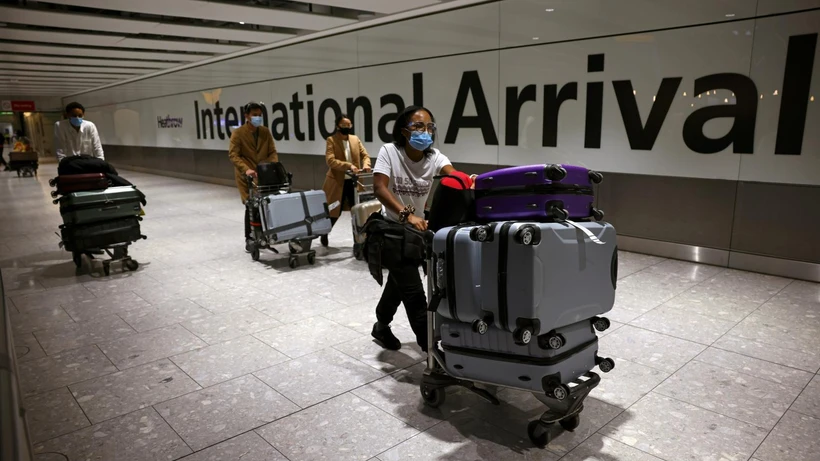

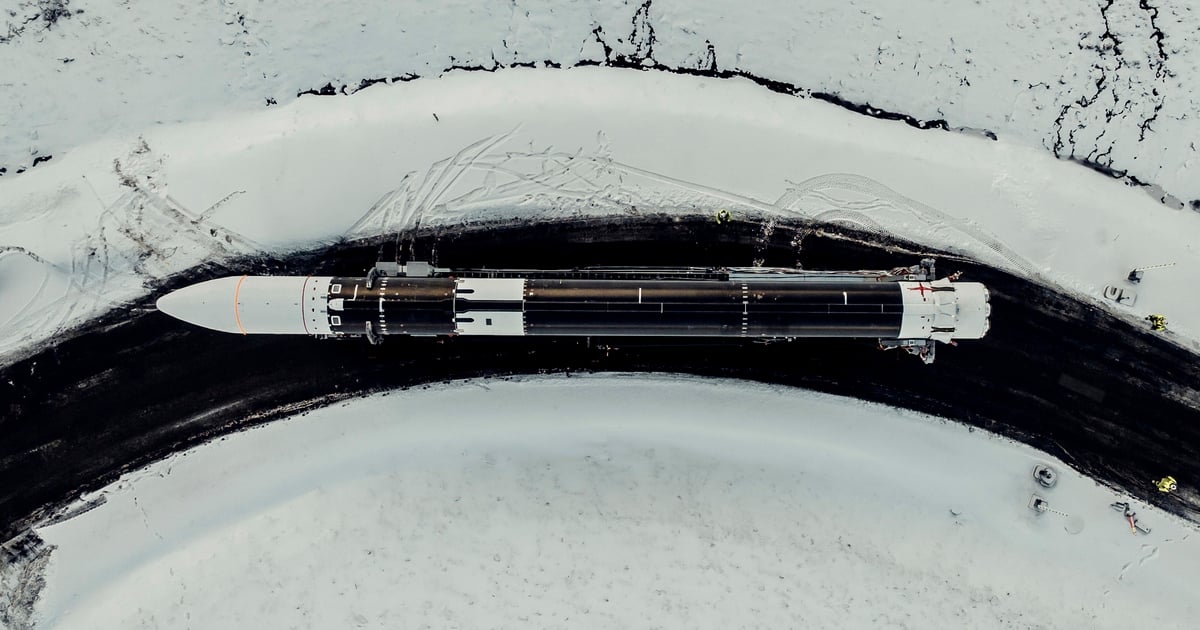

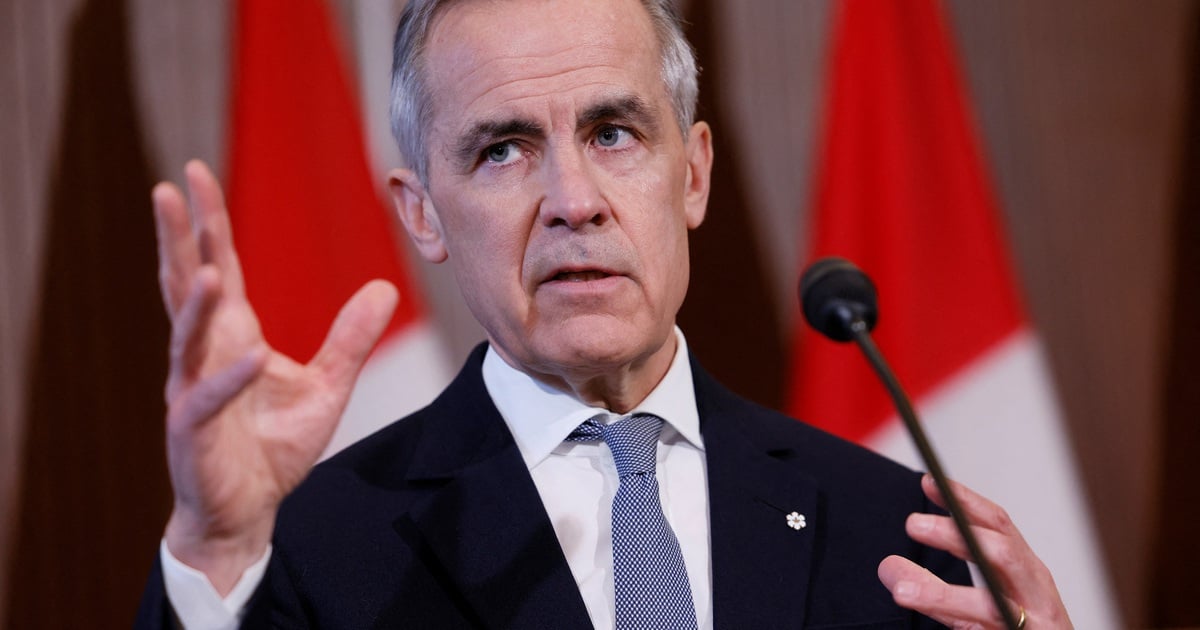

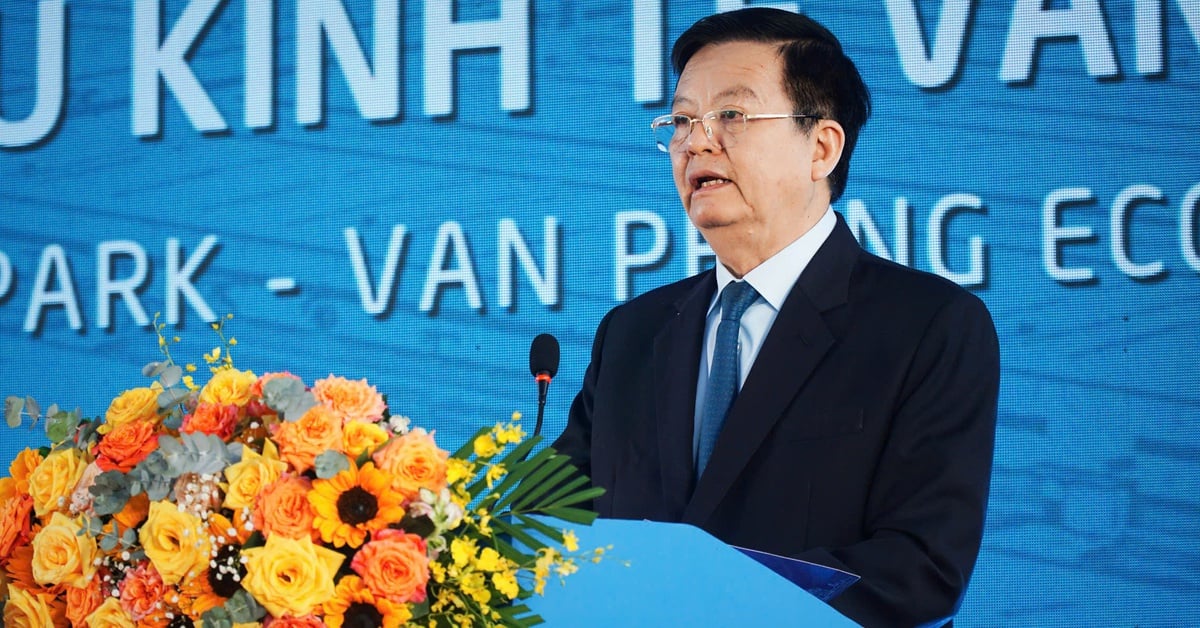
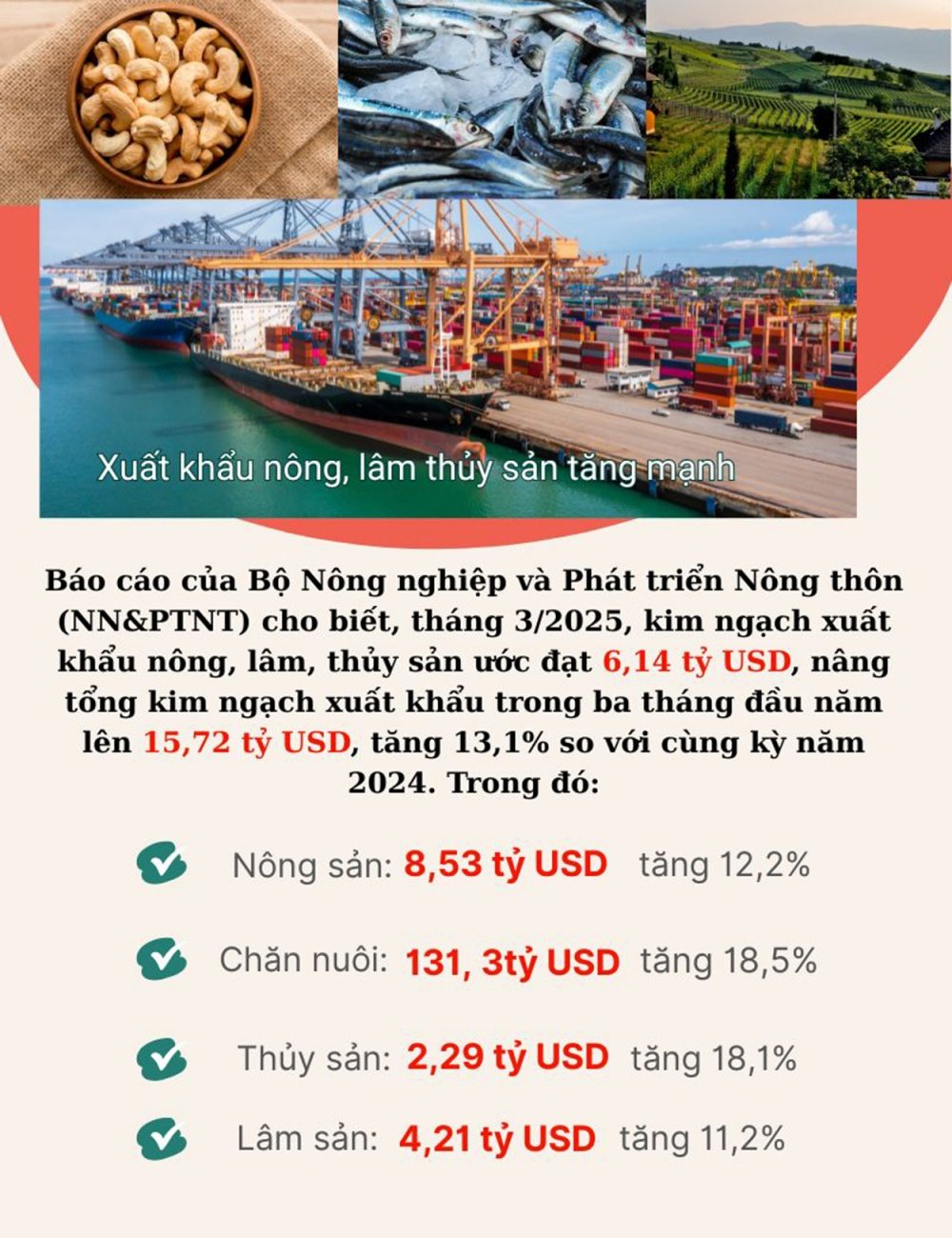


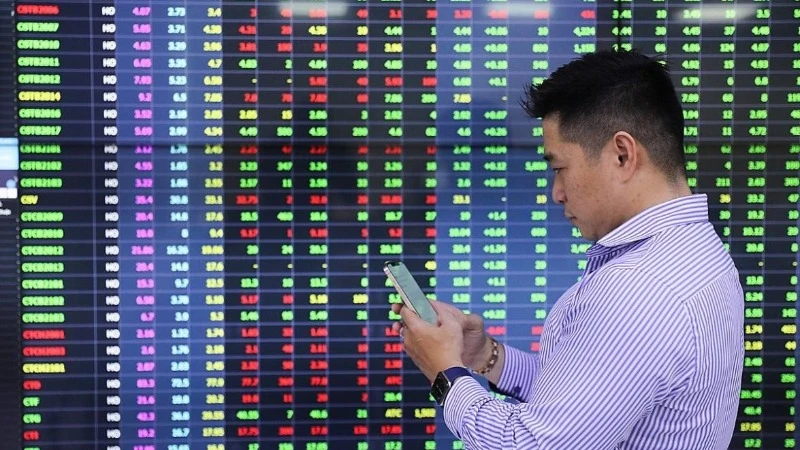










![[Photo] Relatives of victims of the earthquake in Myanmar were moved and grateful to the rescue team of the Vietnamese Ministry of National Defense.](https://vstatic.vietnam.vn/vietnam/resource/IMAGE/2025/4/2/aa6a37e9b59543dfb0ddc7f44162a7a7)


















































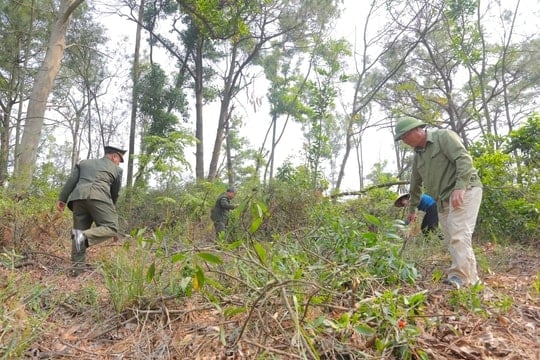

















Comment (0)